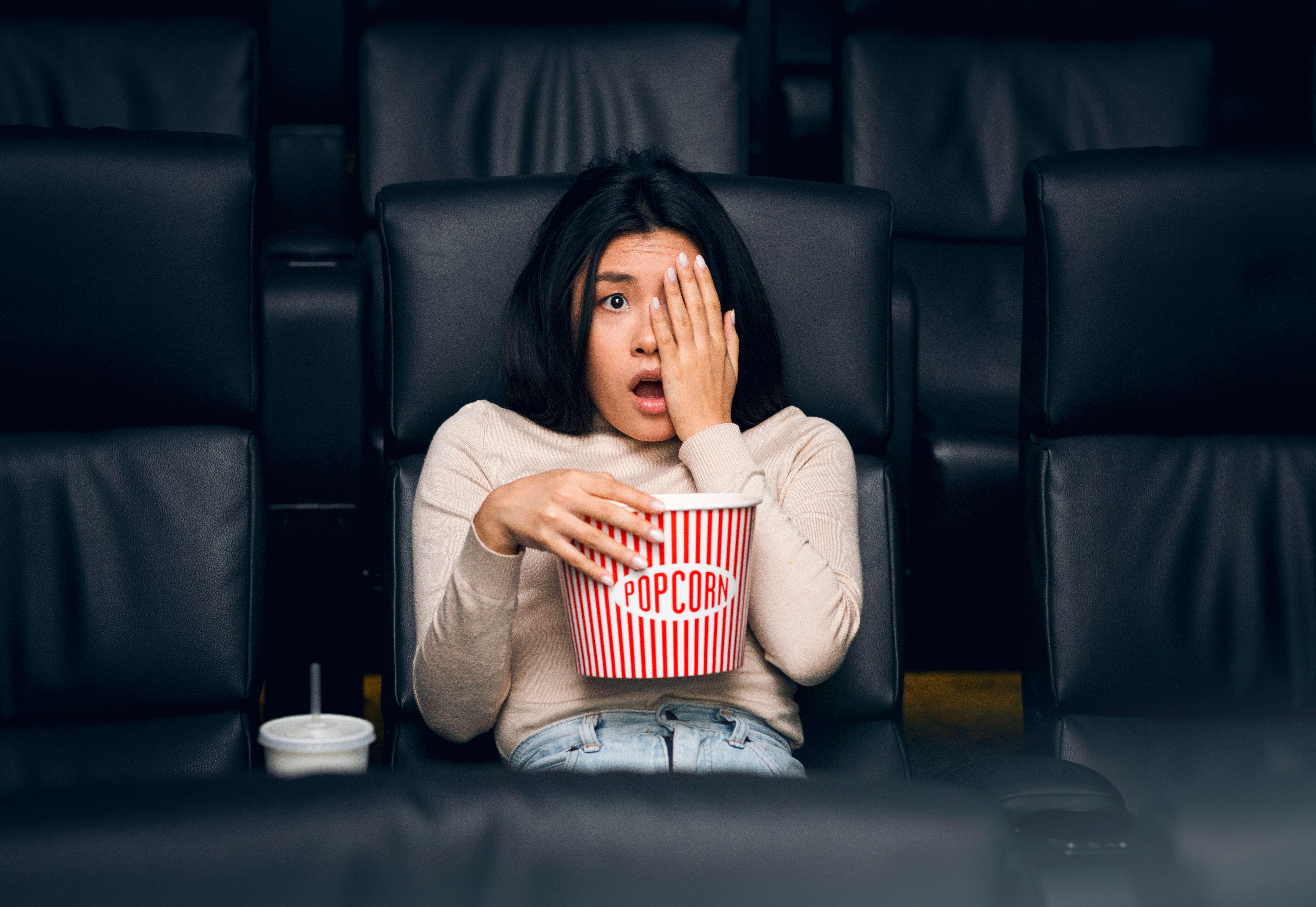Texas Chainsaw Massacre sequel comes to Netflix: Why do we love scaring ourselves with horror movies?
Psychologists explain why some people get a thrill from frightening films.

Your support helps us to tell the story
From reproductive rights to climate change to Big Tech, The Independent is on the ground when the story is developing. Whether it's investigating the financials of Elon Musk's pro-Trump PAC or producing our latest documentary, 'The A Word', which shines a light on the American women fighting for reproductive rights, we know how important it is to parse out the facts from the messaging.
At such a critical moment in US history, we need reporters on the ground. Your donation allows us to keep sending journalists to speak to both sides of the story.
The Independent is trusted by Americans across the entire political spectrum. And unlike many other quality news outlets, we choose not to lock Americans out of our reporting and analysis with paywalls. We believe quality journalism should be available to everyone, paid for by those who can afford it.
Your support makes all the difference.Horror movies: you either love them or hate them. It’s rare you’ll find anyone sitting on the fence about cult classics like The Texas Chainsaw Massacre, which Netflix has just announced will be getting a sequel.
Murderous villain Leatherface will return in a follow-up to the notorious 1974 movie set in the present day, directed by David Blue Garcia.
Coming some 47 years after the original release, the announcement highlights the fact that the horror genre has remained popular for decades – but not with all cinema-goers.
So why do some people love nothing more than snuggling up on the sofa and enjoying a parade of gruesome murders, ghostly apparitions, paranormal activity (or all of the above) while others cower behind a cushion whenever films take a frightening turn?
“Horror movies allow us to experience fear in a safe environment,” says Dr Gregory Warwick counselling psychologist at Quest Psychology Services (questpsychologyservices.co.uk). “The body reacts with a fight of flight response but without there being any actual danger. This provides a real thrill and exhilaration like you’d find with other adventurous activities.”
Plus, these pulse-quickening films provide a kind of escapism: “The tense moments within horror films almost force us to be completely present and focused on what is going on in the film, this provides a positive distraction from whatever else is going on in our lives at the time that we might not want to think about.”
Psychologist Lee Chambers (leechambers.org) compares watching a movie about, for example, a serial killer, to going on a roller coaster ride, where you get to see “people breaking social norms – it’s the fascination between the balance of good and evil, a lot of people really like the idea of exploring that”.
The end of the film is like stepping off the roller coaster: “We know that at some point, those who carry on the evil plan actually find themselves being brought to task, which is quite fulfilling in its own way.”
But for horror haters, it’s unlikely they’d be able to get through the terrifying opening scene, let alone make it all the way to the happy ending.
“There are plenty that do not like horror films,” says Warwick. “Whether that’s [because of] a low tolerance to seeing the gore and having visceral reactions or that once the film is over the fear stays as we ruminate on what we’ve seen.”
However, there could actually be a psychological benefit to watching slasher films.
Warwick continues: “DBT (Dialectical Behavioural Therapy) recommends that using different media can help you when you are feeling distressed, with one of the options being to use horror. Whilst it might sound bizarre, getting your body to react with a different emotion such as feeling excited or scared from watching a horror movie can help shift people out of feeling very distressed.”
Of course, if you find certain films anxiety-inducing or triggering, don’t force yourself to sit through them, but it might help to dip your toe in the horror pond every so often and see how you feel.
“Maybe every few years, try and just see,” says Chambers. Whether it’s at home or at the cinema, have someone with you “so you feel supported and that you’re not on your own in the situation, should it get a little bit high on the emotional spectrum.”
If you can’t cope with the blood/guts/ghost of a child creepily singing nursery rhymes, don’t worry about it.
Chambers adds: “There’s absolutely nothing wrong with it not being the genre for you. Because we’re all unique individuals and there’s a real beauty to finding something that you do enjoy and doing a little bit more of that, especially when times are a bit unstable and a little bit unsettled.”